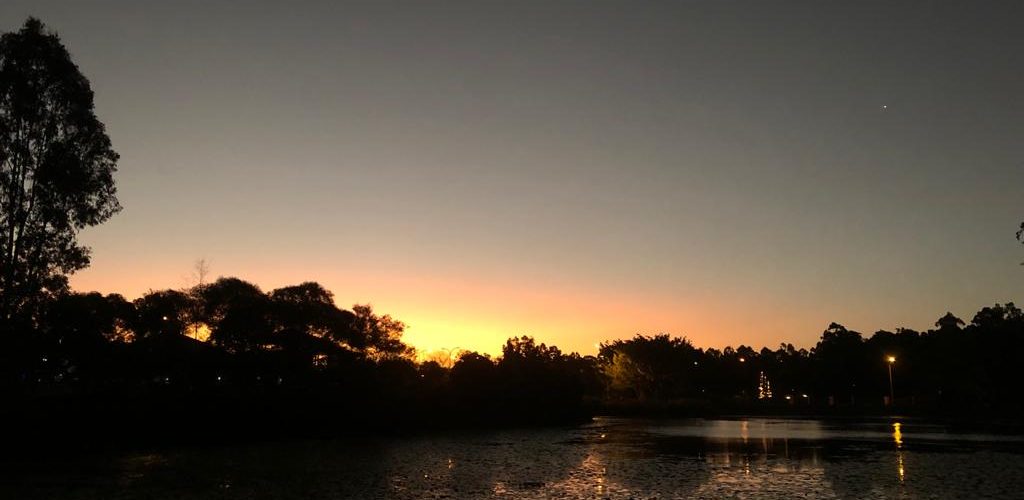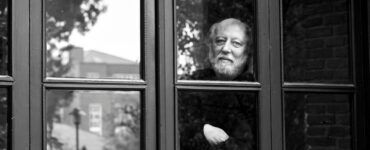On the 29th of March, Australia’s Prime Minister outlined a long list of restrictions that the National Cabinet agreed must be implemented to prevent the spread of Covid-19. This announcement was largely unsurprising – similar measures were being employed globally. At the time, the social distancing itself was not a major concern for us. Rather, we were absorbed with a deeper sense of apprehension and alarm, towards the potentially detrimental consequences of the virus – this anxiety preoccupied us more than the prospect of social distancing itself. Later, it seemed, uneasiness towards the virus itself dwindled, while coping with the effects of social distancing and isolation became the primary theme. Self-isolation, at its best, has seen people flourish with productivity, engage in new hobbies and interests, or refine and strengthen skills. At its worst, many have lost their jobs, mental health is being compromised, and some are confined to threatening home environments.
For me, personally, self-isolating has been a time for reflection. I recognise, here, my privilege – in having a safe and comfortable home to isolate in; the privilege of having the resources not only to be physically sustained, but even entertained; the privilege of spending this time in my home, instead of a hospital.
I am grossly aware that many people have not had the privilege of this experience. In Australia, many have lost their primary source of income, are grieving loved ones lost to the virus, or are coping with other sources of stress. Looking through a global lens, sweatshops in Bangladesh have seen worsening conditions in the midst of this crisis. Garment workers are being forced to return to work as Western brands attempt to boost their profit margins. A common theme arising worldwide is that marginalised populations who have struggled previously are condemned to struggle even more during this crisis.
I am also aware that many people share a similar experience to mine. It is important, then, that we do not fall into the trap of focussing on our own mild discomfort. We can while away our time watching YouTube videos on How to Prevent Lethargy, or Things to Bake While Bored at Home, when our energy could instead be focussed on how to help others. Prioritising ourselves and our own mental health is important, but using this opportunity to do what we can for the masses who are struggling is imperative.
Nichole Stotts, a retired NASA astronaut, recently released an Op-ed video for the New York Times, reflecting on how her space missions have equipped her to cope with the current climate. Rather than highlighting how similar the situations are, the piece made me reflect on how different the situations are. Now, we are not light-years away from our planet. We largely remain in the comfort of our homes, with food, water, art and of course, internet. We do not have the added anxiety of not knowing whether or not we will return to our families. We are able to look out of a window and see a familiar, comforting environment. Here, while we may not be with people, we are with people. We are all together, and that in itself is reassuring. However, if we are not working to help those who were not granted such luxuries, then our human connection itself is in vain.
*









Add comment